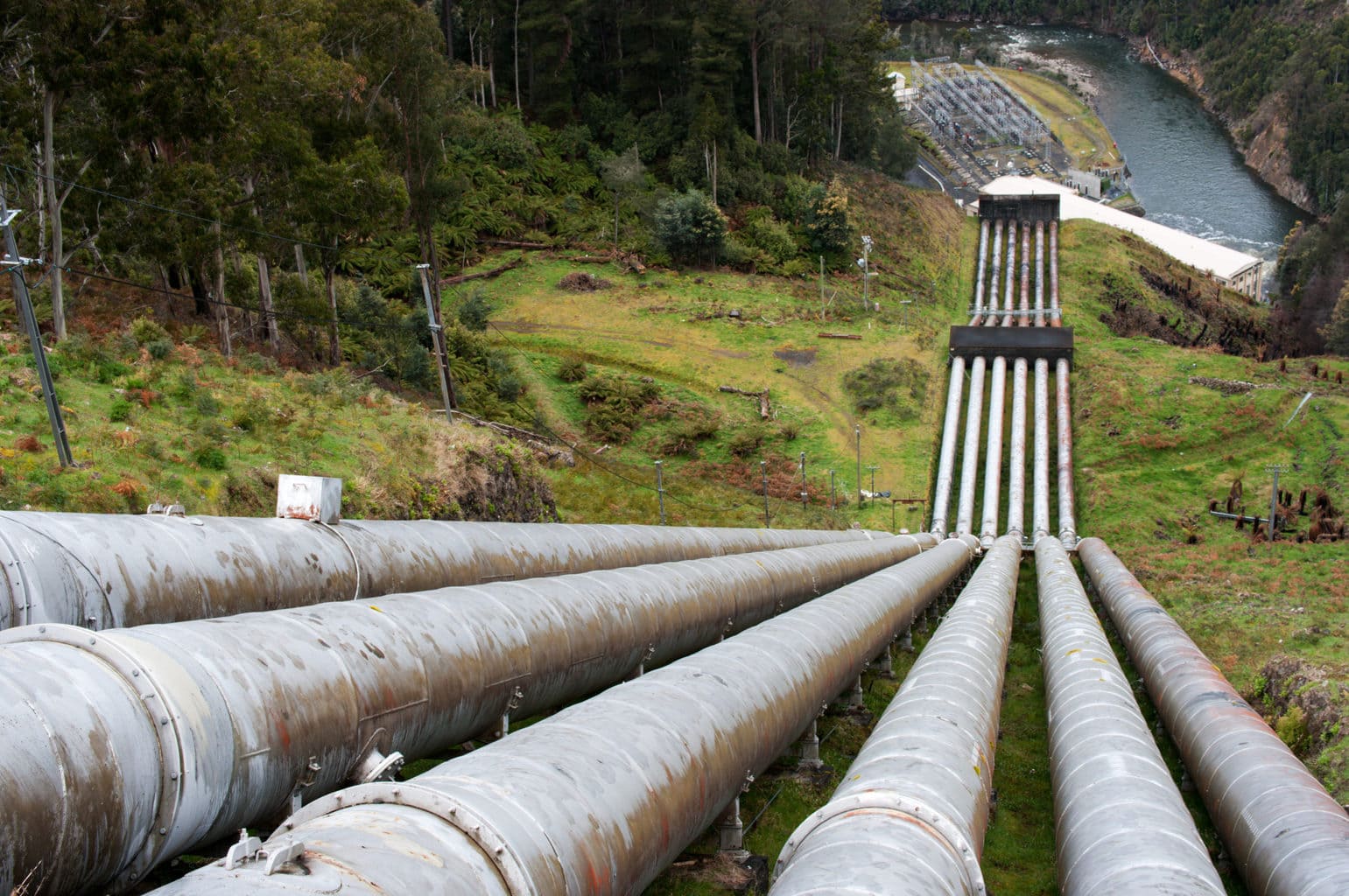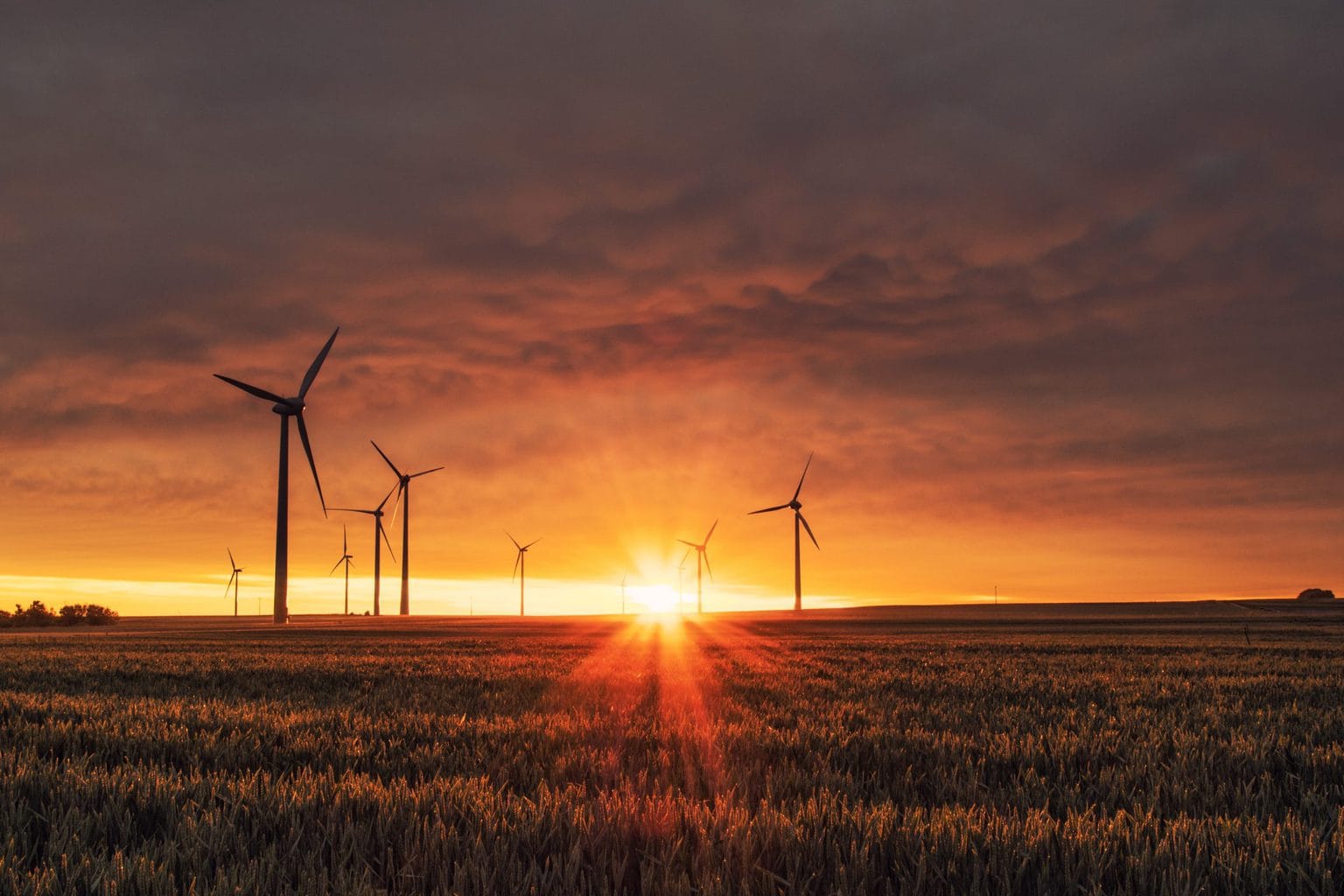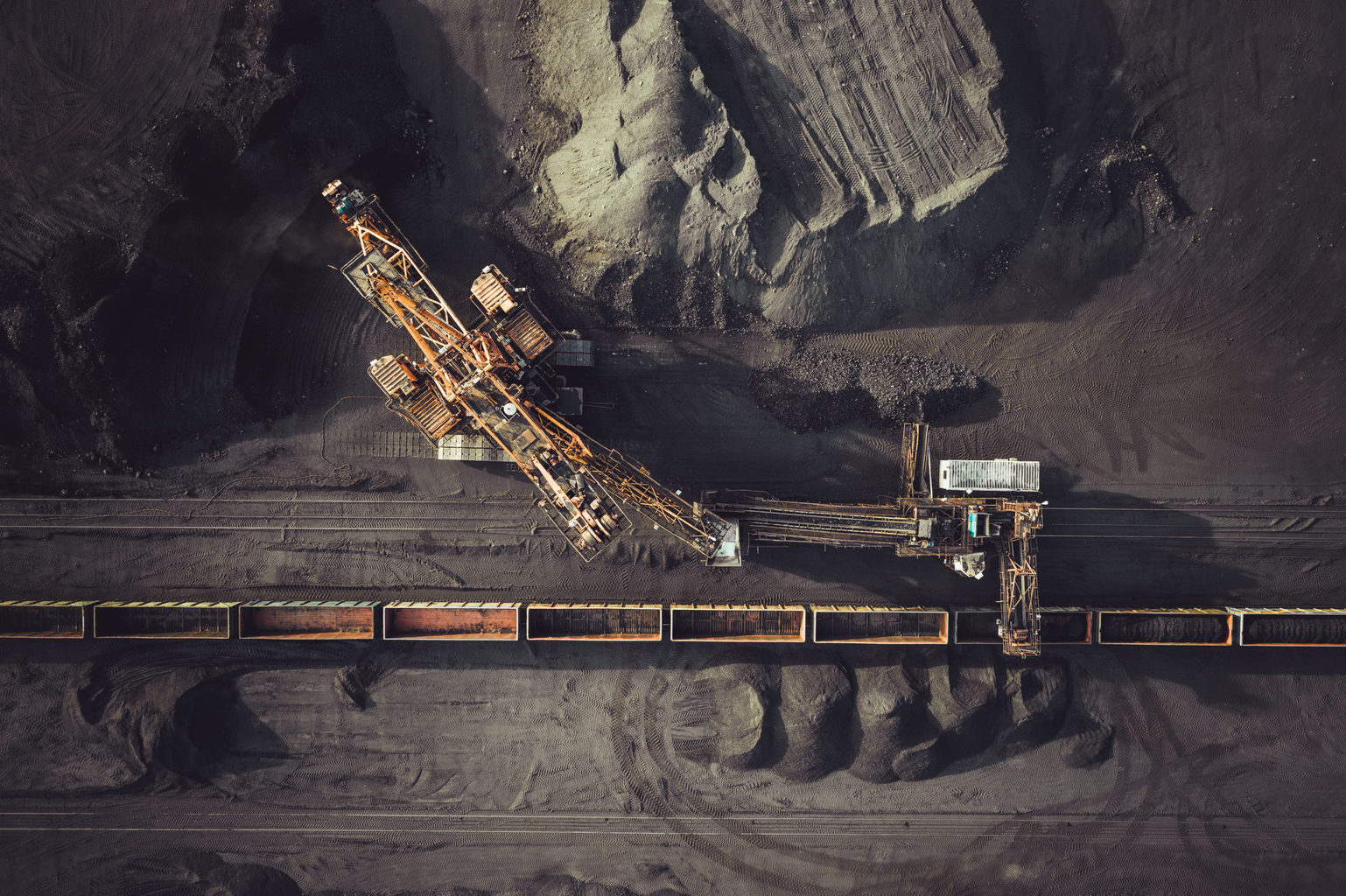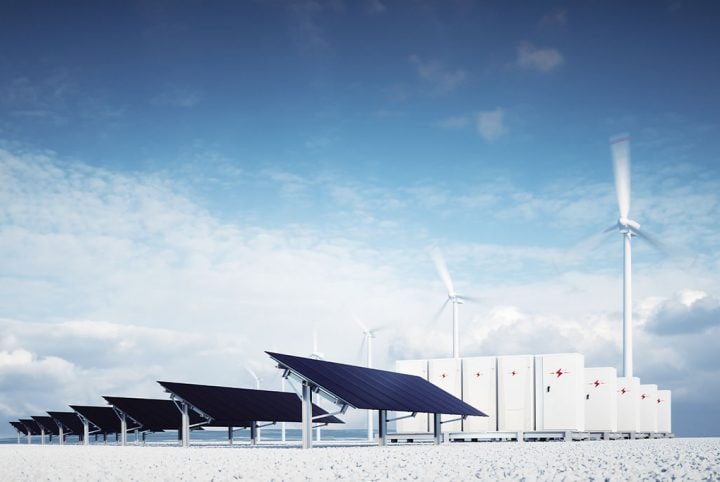
We devour energy at a truly ravenous rate; but it has an increasing social cost. How can policymakers balance these competing demands?
Every year, thousands of people around the world are forcibly displaced from their homes and farms by energy development and infrastructure projects. Dams are constructed to utilise hydro-power. Mines are dug to extract coal and valuable minerals. Gas-extraction and tar-sands projects drill deep into the earth, while huge pipelines cut across traditional lands.
A relatively new concept of decision-making being pursued by researchers around the world seeks to resolve at least some of the tensions between the competing goals of economics, politics and environmental concerns.
Energy justice focuses on setting a framework by which decisions can be made about energy policy, its development and distribution, energy security and climate change.
“It’s a concept that comes out of social justice,” says Monash Business School senior lecturer Dr Diane Kraal. “It started with the notion that every individual was entitled to a share of energy to warm their homes. But it has grown to consider such things as the development of fossil fuels and renewable energy.”
In conflict
The conflict between the needs and rights of individuals and what governments consider the overwhelming needs and rights of nations is rarely resolved satisfactorily.
“The debate around energy is usually framed in terms of economics. But energy justice theory is looking at it in a justice sense.”
Governments seek economic growth and they encourage big companies to invest. They want companies to make profits. They want employment to increase. And they want to be seen as capable managers.
Yet for those whose towns and farms are flooded by nation-building dams or bulldozed to expand mines, or whose water sources are polluted by resource developments, there is rarely proper consultation or adequate compensation. The voice of the individual too often is silenced in the push for national development.

“The debate around energy is usually framed in terms of economics,” Dr Kraal says. “But energy justice theory is looking at it in a justice sense.”
Instead of relying solely on values such as economic growth or financial gains, energy justice theory imports moral considerations about how such decisions might affect individuals now and generations in the future. It considers impacts on the environment, for example, and the social and environmental costs that decisions made today might have in decades to come.
Dr Kraal says both sides of the argument should be given a fair hearing. “It can’t just be singular. We have to acknowledge there is some to-and-fro when we are talking about energy.”
PNG: a new framework for old problems
Dr Kraal has employed energy justice concepts to influence new research into Papua New Guinea’s tax incentives in the petroleum and mining sectors. A major review of the nation’s tax system in 2015 found incentives were “over-used and … not well-targeted”, and that reducing PNG’s overall corporate tax rate may be more effective in terms of encouraging foreign investment than ad hoc and project-specific incentives such as tax holidays or tax discounts.
The PNG government’s budget initiatives in 2017 led to the commissioning of Monash University and the PNG National Research Institute to examine tax incentives.
“The PNG government said, ‘What’s in it for us, the PNG government?’,” Dr Kraal says. “First, they said to me, ‘What are the economic benefits?’. I put their question about tax incentives in a framework whereby I additionally looked at political issues and the environmental ones.”
The findings reached by Dr Kraal and Dr Francis Odhuno of the NRI were presented to the government and industry stakeholders in late November 2017. They found that while there was a paucity of data about how tax is expended generally in PNG, there was no evidence that tax incentives, credits or exemptions attracted foreign investment to the nation. Nor did such incentives appear to benefit the national economy.
“We could not find a nexus between providing tax incentives and the value of inward investment,” Dr Kraal says. “Either we could not find it, or the data is not there.”

Pare back traditional incentives
Instead, foreign investment in PNG appeared to be predicated – as it was in other resource-dependent, emerging countries – on the likelihood of finding and developing a profitable resources prospect, and on the rise and fall of commodity prices generally.
The researchers urged the PNG government to pare back tax incentives for the extractive resource sector, a trend that is happening globally. They also recommended the government develop a more comprehensive, transparent and publicly accessible statement of tax expenditures; eliminate tax allowances that are geared to specific industry sectors; simplify the tax regime generally; and embed in legislation uniform tax rates for all industry sectors.
The most controversial recommendation was to scrap tax credits for projects that build or develop infrastructure for local communities. The researchers argued that providing tax credits to companies that build water reticulation, sewerage, roads and health facilities disproportionately benefited communities near resources projects.
“Because of the way the current system is set up, you are ‘lucky’ to live near a project,” Dr Kraal says, noting landowners would also get a share of royalties. “The politics of all this seems very localised so that if there is an environmental mishap, it’s only a local issue.”
They suggested the PNG government should make direct grants for such infrastructure for all communities, not only those that were close to a major resources project.
“It’s now up to the politicians to take up these recommendations,” Dr Kraal says.
Competing theories
Being an emerging concept, there are a few competing theories about how energy justice should develop. Dr Kraal notes some researchers frame the argument in terms of a trilemma of competing aims. They posit the concept in terms of a “triangle”, comprising economics, politics and environmental concerns, all of which need to be appropriately weighed and each prong thoroughly considered.
Environmental considerations, for example, might range from the immediate impact of a project on the land, water and species, to global issues such as climate change. Political deliberations may include the security of the nation’s energy or its infrastructure needs.
An example of the competing considerations has been evident in the political debate over South Australia’s energy resources. The state relies heavily on wind farms and solar energy production, and it both draws and supplies energy to the national electricity grid, a network of transmission lines.
In 2016, South Australia’s electricity transmission system was disrupted or disabled several times for various reasons: among other things, violent electrical storms knocked out infrastructure and high winds crumpled a series of transmission towers.
Some politicians, however, claimed the disruptions highlighted an inherent flaw in renewable energy systems and underscored the need for coal-fired power stations. Their arguments focus on continuity of supply for the whole community and the need to ensure business and economic growth is not hampered, yet they tend to dismiss concerns about carbon-based emissions. That argument continues.

Common ground
Another approach in the development of energy justice utilises a set of principles as tools to help to set common ground and guide decision-makers. These principles are:
- availability (of sufficient, high-quality energy resources)
- affordability (including for the impoverished in a community)
- due process, to ensure human rights are not ignored in the pursuit of production and distribution of energy
- transparency and accountability
- sustainability (as opposed to swift exploitation for immediate gain)
- equity of access
- inter-generational equity (so that future generations are not negatively impacted by damage caused by today’s energy systems)
- responsibility (the national and global duty to protect the natural environment and reduce threats)
Dr Kraal suggests the two approaches are not mutually exclusive, that they can enhance each other.
“It’s actually an exciting time to be considering all this,” she says, “because it’s a new concept and it’s not set in concrete.”
In March, Dr Kraal and fellow Monash University researchers, including Jadranka Petrovic from the Department of Business Law and Taxation Department and Ariel Liebman from the Monash Energy Materials and Systems Institute (MEMSI), will present papers at a conference in Edinburgh focusing on environmental, energy and climate issues.
The conference, Just Transition – Moving Towards a Low-Carbon Economy is coordinated by one of the world’s leading theorists on energy justice, Professor Raphael Heffron, who is the Jean Monnet Chair in Energy and Natural Law Resources Policy and Law at Queen Mary University, London. Monash is one of several universities that will jointly sponsor the conference.
Dr Kraal expects the conference will generate plenty of discussion about the theory and application of energy justice.
“It’s an evolving, dynamic concept, and a few of us are trying to put that theory into practice.”


